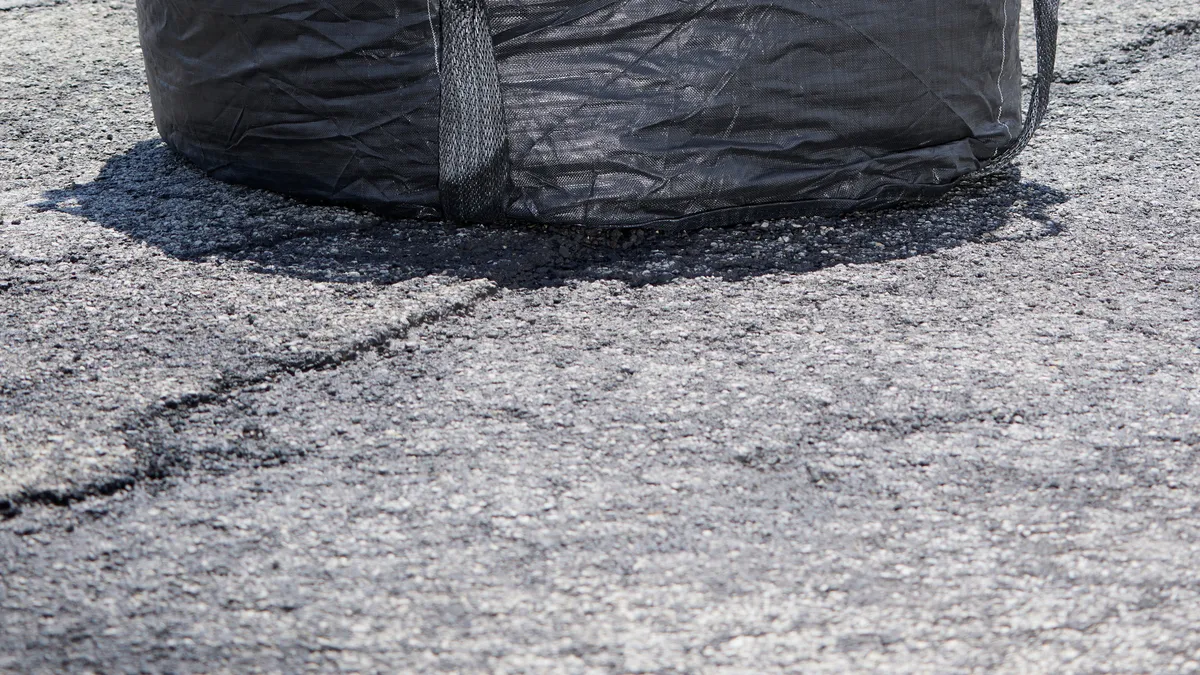Dive Brief:
-
Ye (also known as Kanye West) has moved to end his partnership with Gap, according to his attorney, Nicholas Gravante, co-chair of Cadwalader Wickersham & Taft’s global litigation group and head of the law firm’s commercial litigation practice. Gap Inc. didn’t immediately respond to several requests for comment.
-
“GAP left Ye no choice but to terminate their collaboration agreement because of GAP’s substantial noncompliance,” Gravante said by email Thursday. “Ye had diligently tried to work through these issues with GAP both directly and through counsel. He has gotten nowhere.”
-
“GAP’s substantial noncompliance with its contractual obligations has been costly,” he also said. “Ye will now promptly move forward to make up for lost time by opening Yeezy retail stores.” Gravante didn’t immediately respond to questions regarding what the alleged noncompliance involved or what contractual obligations he refers to.
Dive Insight:
From the get-go, Yeezy Gap was a fraught partnership that seemed both promising and risky for an apparel brand that has struggled for years to regain its appeal.
Ye, then still better known as Kanye West, took his time developing his collection, which was first announced in 2020. About a year later, the debut item — the first of a series of puffer jackets — dropped in select cities to mixed reviews. Early this year Yeezy Gap announced “Yeezy Gap Engineered by Balenciaga,” which brought Balenciaga Artistic Director Demna, (formerly known as Demna Gvasalia) to the effort. The project’s most recent release, announced Thursday as news broke of Ye’s exit, is a black keychain priced at $40.
Not all observers have been as optimistic as Wells Fargo analysts, who last year estimated the tie-up could net the struggling brand a billion dollars. Now the brand will never know its true potential. But losing it isn't likely have much impact on Gap, at least financially, according to GlobalData Managing Director Neil Saunders.
“Given the embryonic nature of the partnership and the relative immaturity of the Yeezy Gap range, it is unlikely there will be a dramatic financial impact on Gap,” he said in emailed comments. “However, with the brand struggling to grow sales, even a marginal deterioration is unhelpful.”
In the past several months, Gap executives have said little about the partnership’s progress and haven’t provided specifics about its effect on sales, except to say that the Yeezy items were bringing in younger shoppers new to the brand. Gap CEO Sonia Syngal aburptly left the company in July.
Still, it’s a blow to a brand that hasn’t had much else to show for itself, according to Saunders. “Gap ... had pinned its hopes on Kanye’s magic to help revitalize interest in its ailing business,” he said. “It is also an embarrassment for Gap which announced the deal with the iconic artist with much fanfare.”
The conglomerate’s namesake is once again left to redefine itself and find a way to reignite sales.
“The termination also removes a potentially interesting future growth vector and means that Gap will need to rely on its own skill to turnaround the business,” Saunders said. “Given its dismal track record, the prospects for this do not look promising – especially as it seems to have done very little to evolve the proposition.”
Dani James contributed to this story.















